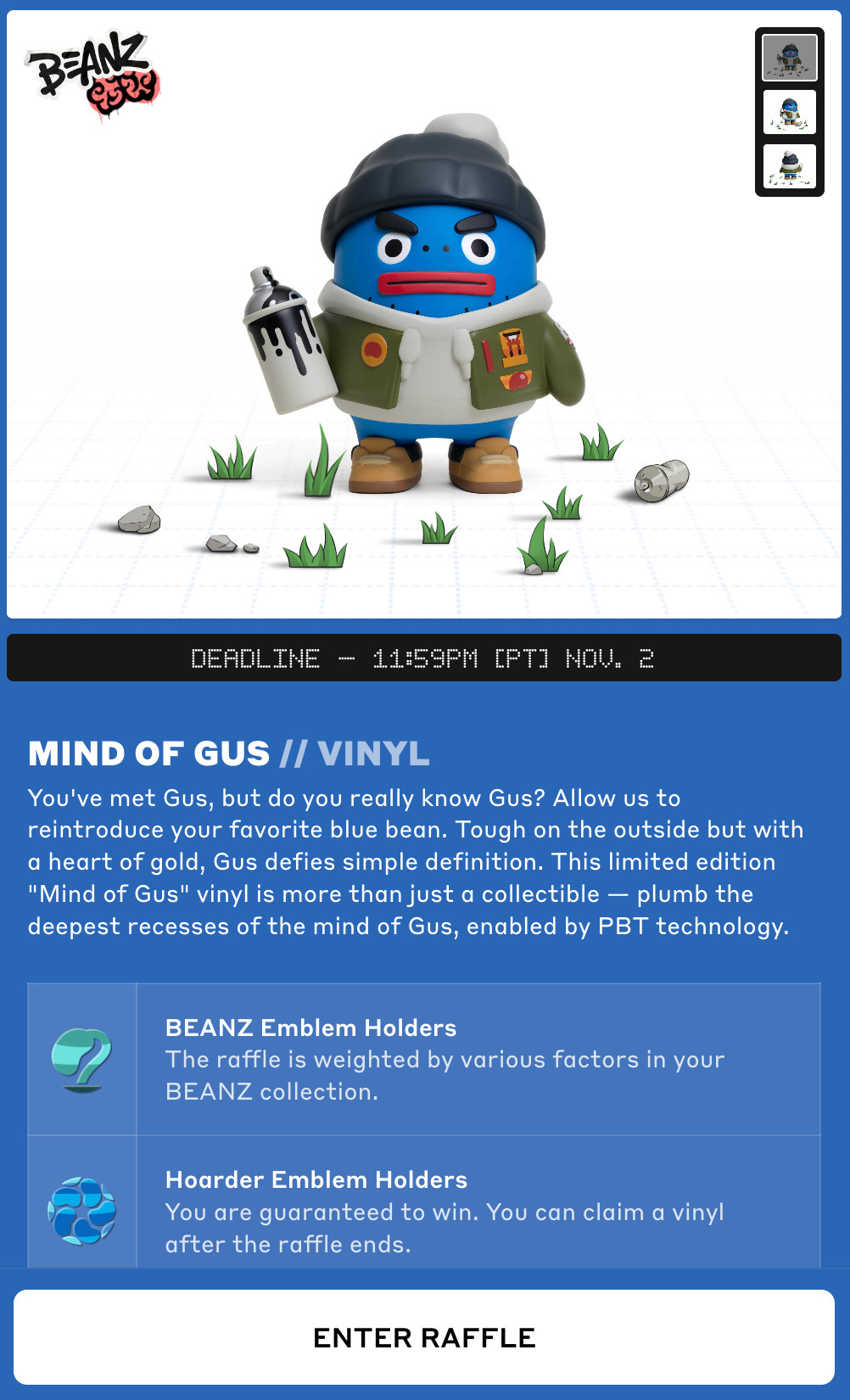#267: Simplifying the Onchain Namespace with Clusters
🥊 And how the team is combatting squatters
Names. These are what we call ourselves, what others call us, and what makes our ears perk up when we’re in a crowded room (also known as the cocktail party effect, which I’ve always found fascinating).
In crypto, our wallets have names as well in the form of alphanumeric addresses. However, they’re quite unwieldy as they’re dozens of characters long.
Sharing a wallet address fortunately isn’t as painful as the meme above, but it makes a point. Over the past decade, blockchain naming standards have been established to make these addresses human-readable. Some examples of this are Stacks’ .btc, Ethereum Naming Service’s .eth, and Solana’s .sol.
These domains provide more consistency for users and their identities across different platforms. Just like registering a website domain on GoDaddy, users can register their wallet address with these services and pay fees to retain ownership of the domain. Here’s mine as an example.
There’s still a problem though…The world of crypto continues to expand with more blockchain networks, and naming gets more complicated. Users can register their preferred name on each of these networks which could become costly over time, or maybe that preferred name is already taken. Boldleonidas illustrates (literally) the problem well:
And this is the problem that Clusters is working to solve.
What is Clusters?
Clusters is a multichain (buzzword alert!) namespace, like a wrapper for all your wallets or a folder with labels. Clusters is founded by foobar, who also created delegate.xyz, a wallet linking tool that has built some cool features in the past.
Early today, Clusters announced its launch, TLDR:
The platform has raised $9 million from some of the top VCs in the industry
Clusters is the first app on Layerzero’s v2 omnichain interoperability protocol, allowing it to operate across blockchains
Clusters incorporate a folder system to designate use cases for different wallets
At the time of this writing, there are already over 4,400 names that will be registered.
Combatting domain squatters
Buying and selling domains is a lucrative business, with the cars.com being the most valuable domain ever sold at $872 million.
Although the market for onchain domain names is significantly smaller, they’re following a similar trajectory. In October 2021 paradigm.eth sold for 420 ETH (lol), or ~$1.5 million at the time. If Clusters takes off as the universal onchain namespace, some of these names will become valuable, encouraging squatters to do what they do best.
How is Clusters combatting this?
Auctions, with a twist:
During the Beta launch, users bid on the Cluster name(s) they want, with a minimum bid of 0.01 ETH (~$23)
All names are open for bidding. Most of them will likely settle at the minimum bid while popular names will naturally be bid up
Bids from specific users will have a bid boost multiplier to give more weight to those that are more likely to deserve that Cluster name
The winning bidder will receive the name and losing bidders will receive a refund when the auction concludes
After the Beta period, registration will switch over to a first come first serve registration model
How does the bid boost multiplier work?
Certain actions create a boost to the bid a user has on the name. Boosts will be applied if the bidder owns the ENS of the same name, owns the Twitter handle of the same name, or promotes Clusters on socials.
This methodology creates a more level playing field, balancing the tensions of providing access to everyone vs. determining who deserves the name (aka who’s going to actually use it productively vs. just flip it).
This balancing of tensions is observed in a few different but more subtle forms in past topics that I’ve covered.
For example, in Azuki’s Mind of Gus figurine giveaway a few months ago, the team allowed any BEANZ holder to participate at the chance of obtaining the free and exclusive collectible while incorporating various undisclosed factors that adjusted the chances of who would win. Additionally, holders of 12+ BEANZ were guaranteed the collectible as long as they participated.
With GLHF’s programmatic whitelist approach a couple weeks ago, anyone could apply for a chance to mint the collection. On the backend, the GLHF team incorporated various criteria (eg: Discord age and gaming servers joined) to maximize the chances that whitelists were handed out to real gamers, not wannabes like me.
Although the auction system isn’t perfect (the Clusters team will reveal more details about the boosts soon), it makes squatters think twice.
Why does this even matter?
Crypto and web3 enable a lot of things. Creators can be compensated more fairly, retroactive public goods funding can scale in ways that weren’t possible in the past, and true fans can be identified and rewarded in more creative ways.
Businesses and brands can do the same with their audiences. Onchain actions or incorporating attestations (eg: EAS) allow for surprise and delight moments like online giveaways and exclusive access to go to the right people. Especially in a world that will soon be filled with bots 😉
See you next week!









Did you see ERC 404? Maybe a nice focus for the next article? :D
ENS killer?